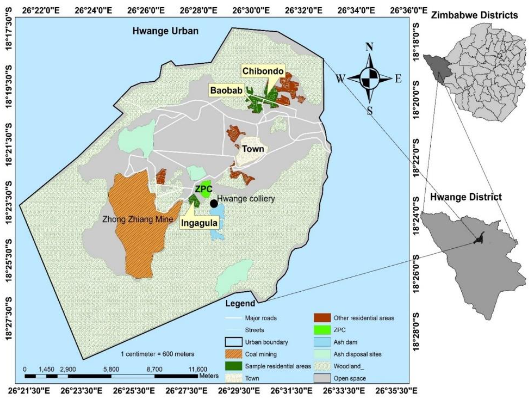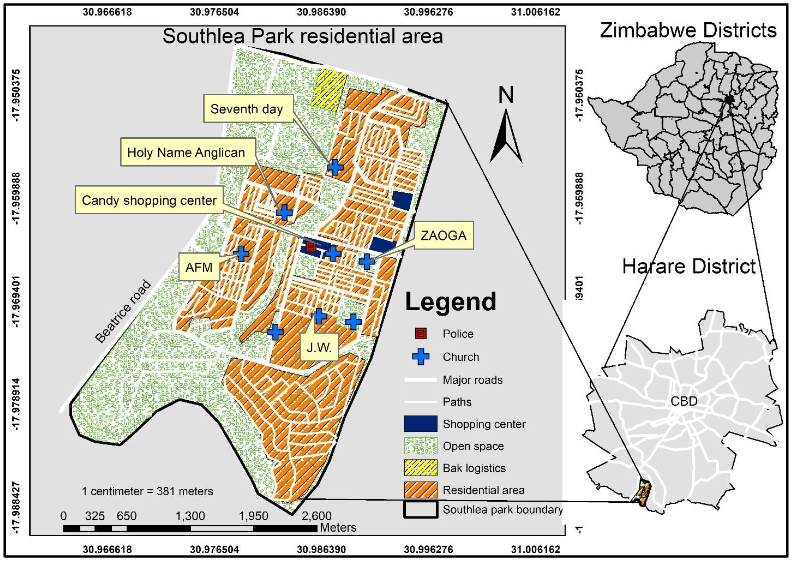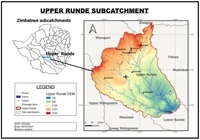Welcome to the Section Collection on the Education and Wellbeing of Societies, where we explore the dynamic interplay between education, technology, and human flourishing. Drawing from diverse perspectives and empirical studies, this collection delves into how educational practices and technological advancements impact individual and societal wellbeing. We will highlight together how educational learning tools, games, and applications intersect with choice modelling, decision-making issues, subjective probability, technology applied to human choice issues, and meaningful activities by providing interactive and engaging experiences that promote skill development, critical thinking, and application of knowledge in various contexts.
This collection incorporates keywords such as choice modelling, decision-making issues, personal beliefs and subjective probability, technology applied to human choice issues, and AI fields in semantic and translational tasks. These keywords serve as guiding threads, weaving together discussions on the intersection of technology, education, and human decision-making processes.
We then expect contributions from scholars and field experts able to arise interest towards the way educational games and applications incorporate elements of choice modelling by presenting learners with decisions to make within the context of the game or learning activity. These decisions could range from selecting different paths to solving problems, choosing between various strategies, or making moral judgments. By engaging in these choices, learners not only reinforce their understanding of subject matter but also develop decision-making skills.
Educational tools and games provide also a platform for learners to engage with decision-making issues in a controlled environment. By presenting scenarios with consequences based on choices made, these tools allow learners to explore decision outcomes without real-world risks. This process encourages critical thinking, problem-solving, and weighing of alternatives, preparing learners to make informed decisions outside the educational setting.
Furthermore, educational applications can incorporate subjective probability by presenting learners with uncertain or probabilistic scenarios. For example, in a math learning game, learners might estimate the likelihood of an event occurring based on given information. By engaging with such scenarios, learners develop an understanding of probability concepts and learn to make educated guesses, enhancing their mathematical reasoning skills.
Technology plays therefore a crucial role in educational tools and games, facilitating interactions and providing feedback to users. Educational applications leverage technology to simulate real-world choice issues, allowing learners to explore and experiment in a safe environment. For instance, a simulation game about environmental conservation might prompt players to make choices about resource allocation or policy decisions, illustrating how technology can be applied to address complex human choice issues. By integrating choice modelling, decision-making issues, subjective probability, and technology, these activities become more immersive and relevant to learners’ lives. For example, a language learning app might offer scenarios where learners must choose the most appropriate response in a conversation, thereby making the learning experience more engaging and applicable to real-life situations.
Through these contributions, this Section Collection aims to deepen our understanding of how education and technology intersect to promote individual and societal wellbeing. We invite you to explore these diverse perspectives and engage in dialogue towards fostering a healthier, more informed, highly educated society.














